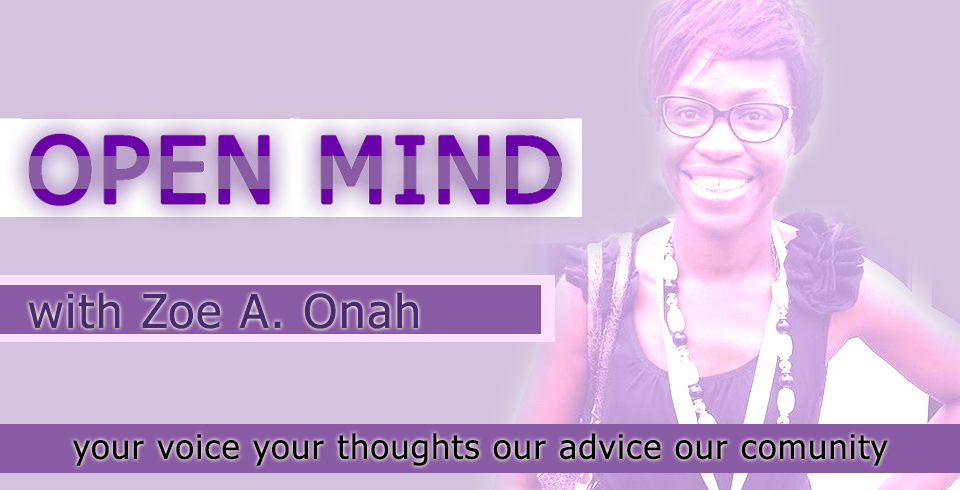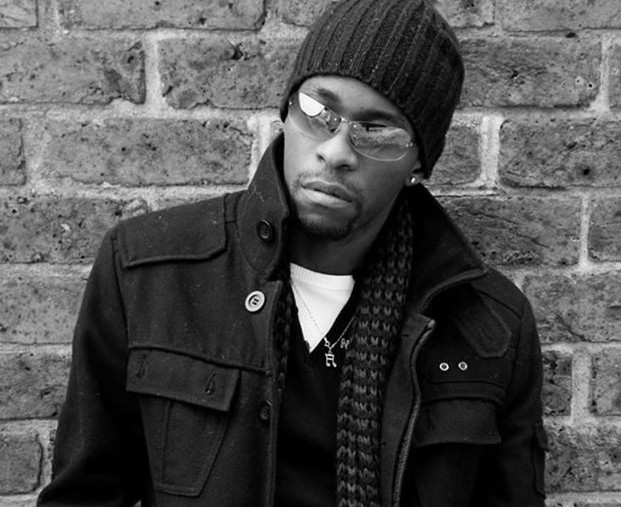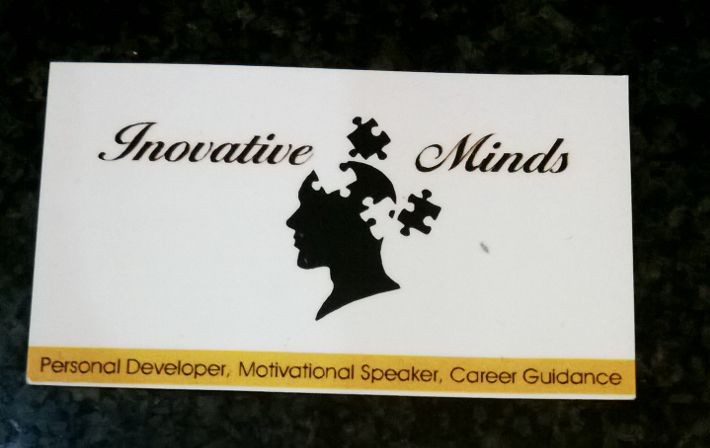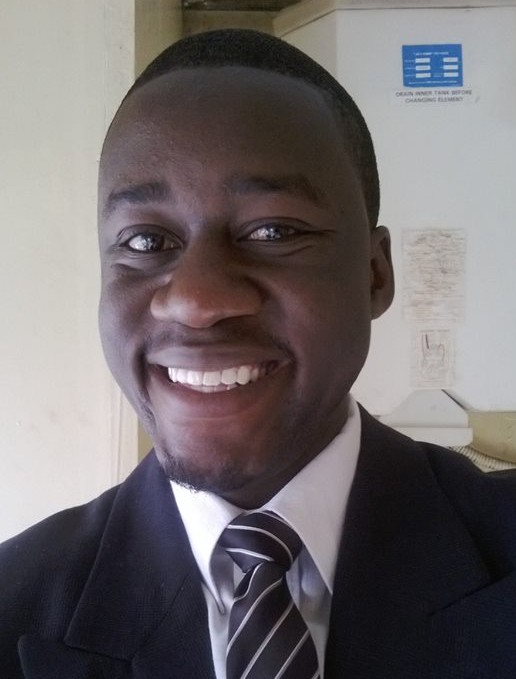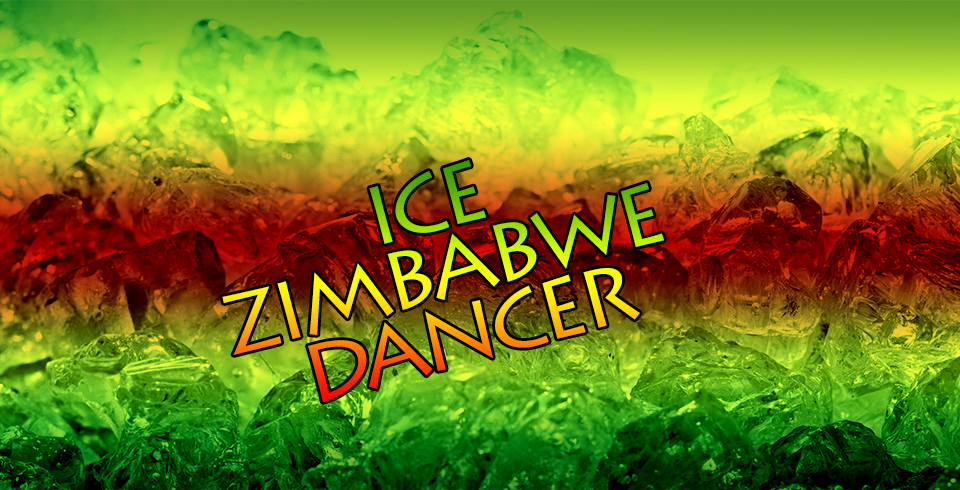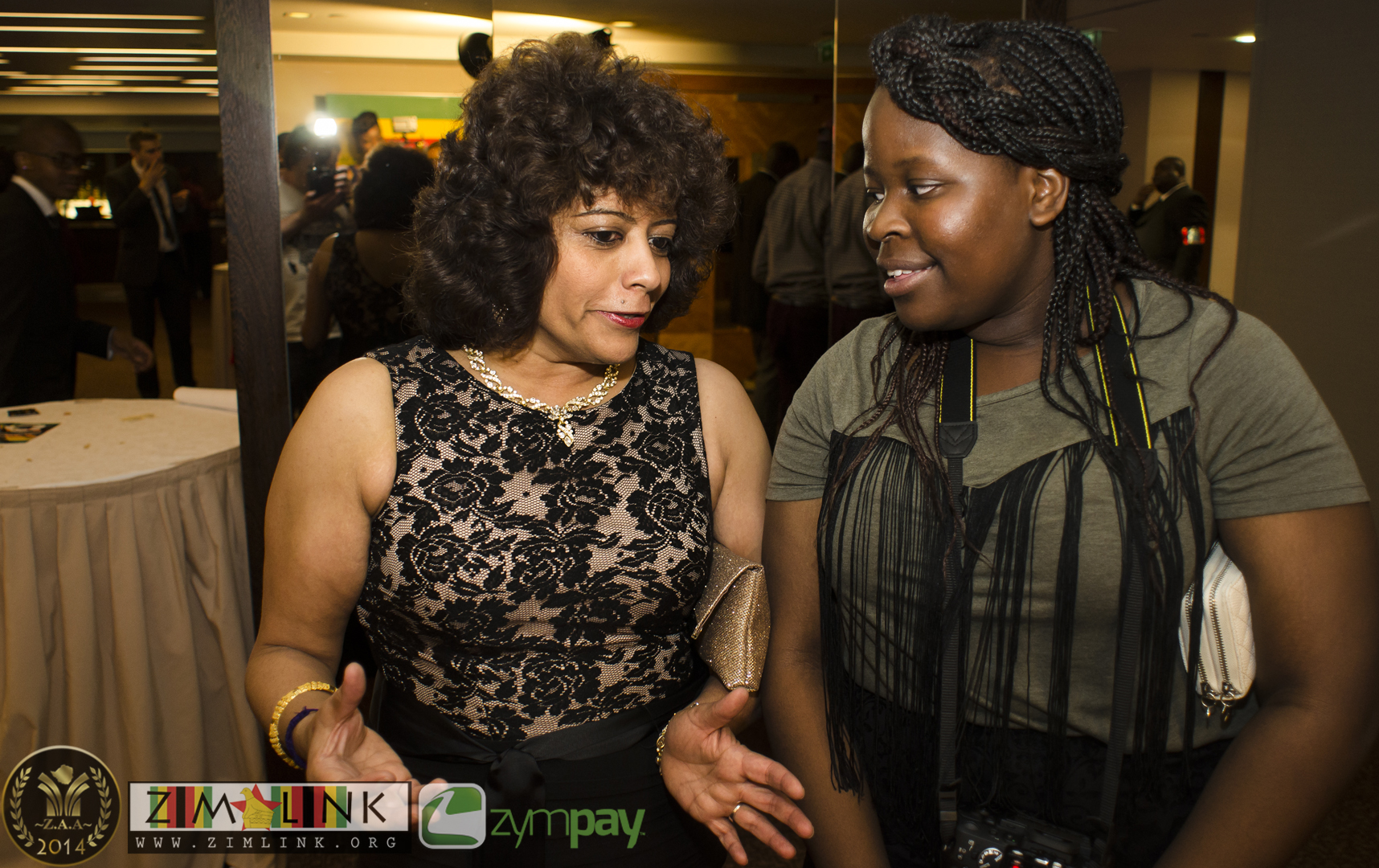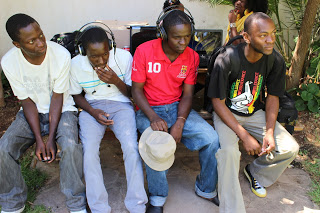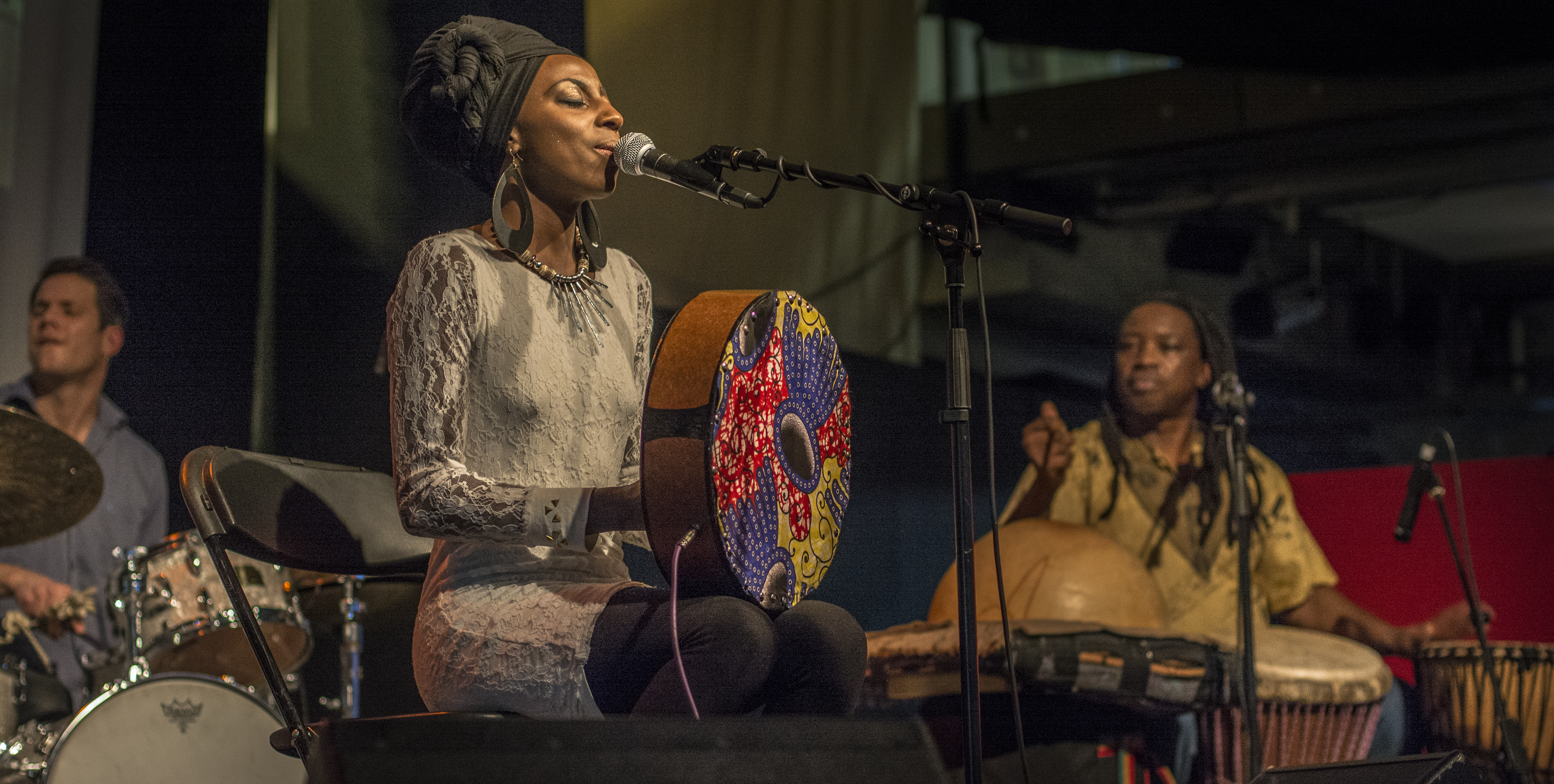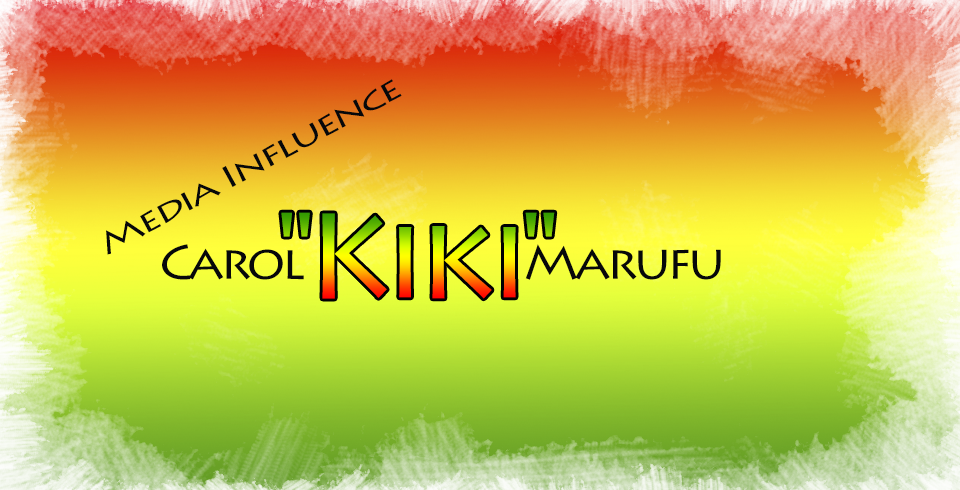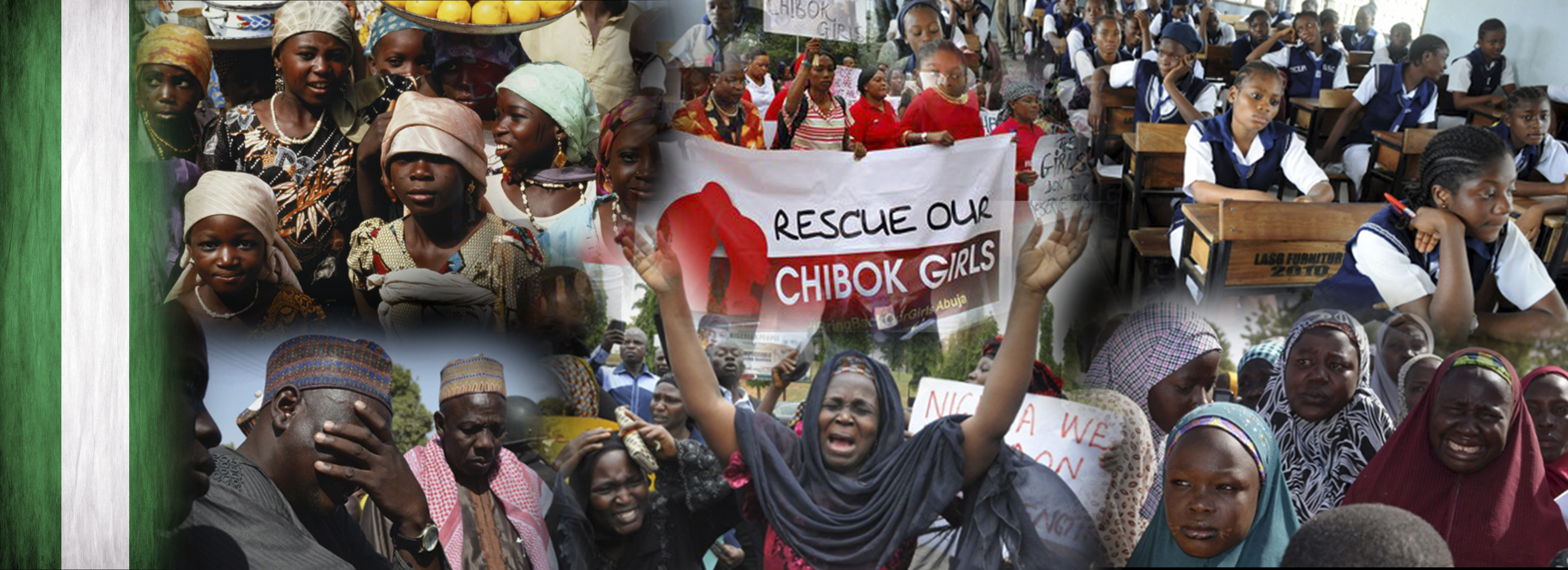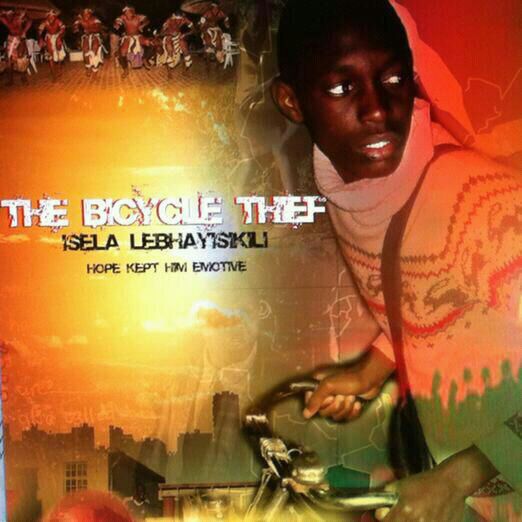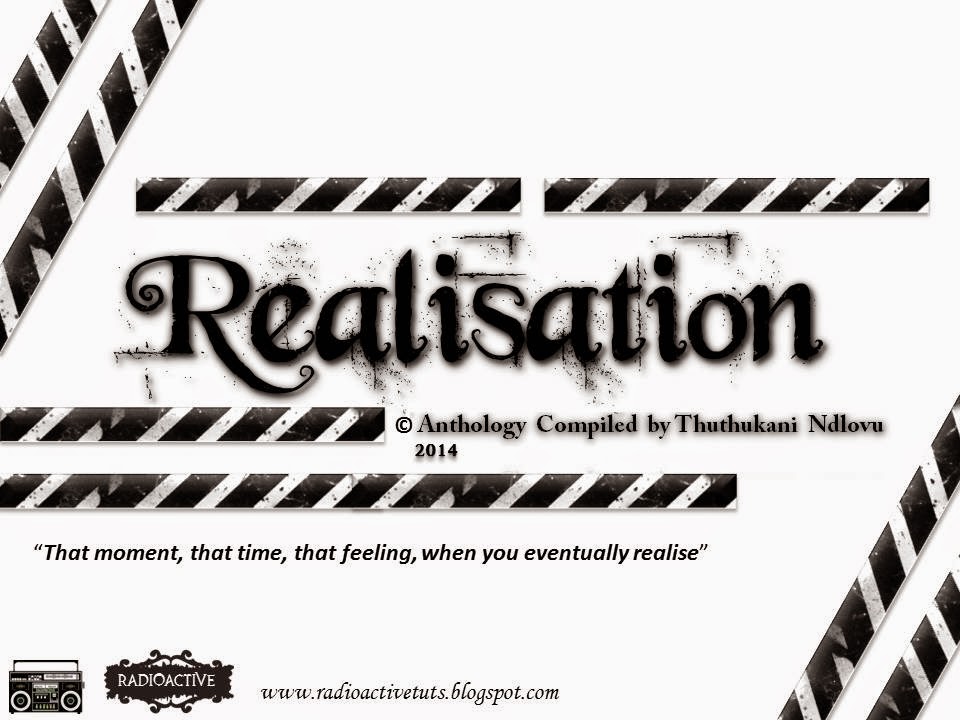Statistics prove that mental illness increases after conflicts, and we know that conflicts happen in the continent of Africa. Whether political, economical or health, conflicts stare you in the face. Africans are reared to be tough to face life issues by default. However, the resulting stress and constant fear brought about by the wahala of insecurity, hunger, loss and displacement are enough to crack the hardest of minds at times.
Over ten years ago in Sierra Leone, for example, child soldiers were groomed to be inhuman. This practice was beyond ‘normal’ delinquency to abnormal savagery. Where does society stand when children are reared by warlords to be more brutal than wild animals? These kid soldiers hacked off limbs of people with such viciousness, whilst high on illicit drugs, groomed by rebels who themselves needed mental health attention!
And now, just as Sierra Leone had started to recover and rebuild a beautiful nation, cruel Ebola struck. Today’s children in Sierra Leone, Liberia and Guinea face different challenges having been left orphaned with Ebola, stigmatised and abandoned in some cases. The psychological impact of the effects of Ebola on these kids is beyond imagination.
Funding mental hospitals could be seen as a luxury healthcare item for a continent that has allegedly more serious health issues like HIV, low infant mortality and so on. Whereas Western celebrities glamorise mental hospitals as rehabs, even in the West, mental hospitals are not necessarily Disneyland parks. But they do offer care and hope that are desperately lacking on African shores.
Then we get to the brain drain of many African medical professionals living abroad. One West African country was listed as having one psychiatrist and one mental nurse. That’s two professionals in an entire nation! Startling, yet true! Nevertheless, other African countries shouldn’t be quick to point fingers. On average, having one psychiatrist per million of the population, is nothing shocking. The cruelty of stigmatisation only hinders further. Many Africans would anyhow prefer to ignore mental issues in the hope it will go away, rather than seek medical help.
Human rights abuses also often arise as results of stigma and discrimination. Families who can no longer cope leave loved ones to roam the streets aimlessly to fend off rubbish, filth and litter till the end of their days. Beating and abuses are not uncommon for many of these people on the streets. Pedestrians step over them as one would step over a gutter. Without batting a sympathetic eyelid or raising a compassionate eyebrow!
If I should tackle the subject of social workers, there isn’t much to say. There is nothing social about being a worker in Africa for starters! Social needs and counselling are sourced through strong yet commendable family units. Every family has one or two grey haired, know-it-all elders that have had experience in just about everything in life! However, how much can they offer with the unpredictability and complexities of mental illness?
So does religion help? It is widely accepted that Africans are spiritual folks. Seeking help from religious leaders or church pastors sometimes offer comfort, hope and even healing. Yes, faith plays a positive part… sometimes. But many Africans mix their faith with native beliefs.
Meaning?
It takes an average African, a fraction of a nanosecond to attribute any misfortune to supernatural forces that have invaded their territory. To all intents and purposes this increases the burden of finding a solution, even solutions sought by religious means. It is all too easy to blame accidents, sickness, death and other misadventures as the mystic works of an enemy. If we are not blaming, we are consulting the powers ourselves to return the ‘favour’, to inflict, or to reverse the spell. Many will adhere to these beliefs even when things continue to deteriorate. It is even surprising how many well educated of the society seek the prowess of witch doctors, medicine men, men of the world, or whichever of the several names they are referred to. Whereas, many may dismiss this as utter nonsense, juju maintains a key place in African society and many can verifiably testify that they fell victims to the outstretched arm of mystic antics.
Mental illness is a serious disease and must not be downplayed in any nation. Everyone has a responsibility to reach out to the mentally ill. For many in Africa, they will deteriorate and/or die. Let us also remember that they have not chosen to be mentally ill. Let us remember that those suffering from mental illness and/or their carers can have a basic decent life even with the minimal facility within their reach. It is our duty to treat them respect.
Let us remember that they are human after all.
Bio
Writer, coach and public speaker, Zoe A. Onah is the author of the bestseller and the award nominated book, DEFYING THE ODDS – One man’s struggle and victory over mental illness and his wife whose trust in God never failed. Zoe met her husband, Eze, in the 14th year of his tumultuous journey with mental illness and 4 years later, he bounced back, and defied the odds with a clean medical bill of NO mental illness! Their organization, Defying Mental Illness – Put a Full Stop, is reaching out to those faced with mental health challenges to help them not only defy the disease, but also put a full stop to the stigma and discrimination.
Website: www.defyingmentalillness.com
Email:info@defyingmentalillness.com

